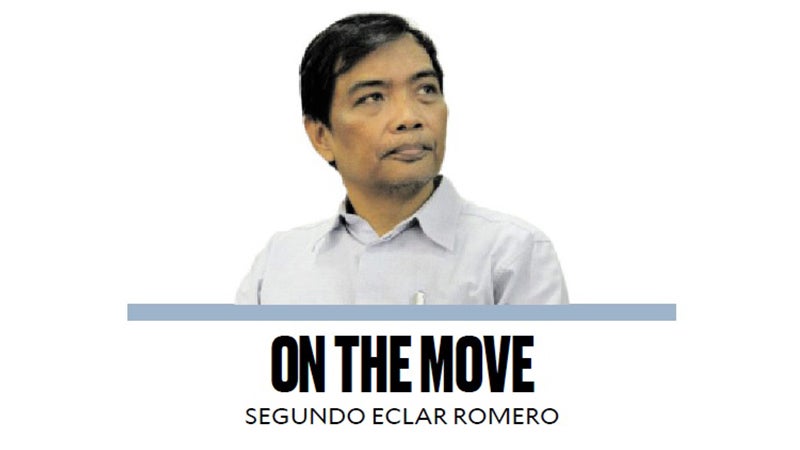Citizen accountability beyond the hashtag

When the Senate, acting as an impeachment court, voted 18–5 to return the Articles of Impeachment against Vice President Sara Duterte to the House of Representatives, it triggered public outrage. The move was widely viewed as a deliberate stalling tactic by the Senate majority in defiance of both constitutional duty and public sentiment. Multiple surveys had already shown that most Filipinos supported proceeding with the trial. But the Senate action did more than delay justice—it exposed a deeper malaise: a citizenry unable to push back in meaningful, coordinated ways.
Yes, many Filipinos expressed anger on social media. Talk shows bristled with dismay. A few protest actions took place. But where is the strategic, sustained, and collective energy that once drove people power? Where are the acts of public courage and civic resolve that moved the wheels of justice in earlier impeachment crises?
Compare this with the United States during the current institutional erosion and authoritarian drift under Trump 2.0, American citizens have created a robust protest infrastructure under the rubric of the “No Kings” campaign, which has encompassed over 2,000 cities across the US. This protest and pushback infrastructure grows and strengthens by the day—daily calls to Congress, town halls, letter-writing campaigns, legal consortiums, art-as-protest, grassroots training hubs, and highly visible rallies. A wide phalanx of existing civic groups has quickly and effectively banded together not only to express outrage but also to translate it into legislative pressure and political consequences.
Filipinos do not lack conviction. What we lack is the civic infrastructure—and imaginative leadership—to channel public anger into pressure points that move decision-makers. The belief that democracy can be defended by tweets alone is a dangerous illusion. Hashtags are not hammers.
So what can citizens do?
1. Revive mass messaging campaigns. Senators still monitor public feedback. Organized campaigns of letters, emails, and text messages—mobilized by schools, parishes, and civic groups—can show structured dissent. These are not futile gestures. They build records, create media attention, and force discomfort in otherwise insulated offices.
2. Hold town halls and accountability forums. Why not invite senators to face their constituents in public fora? Even if they refuse, the act of inviting them and recording their absence helps shape the narrative. Civic, religious, and academic spaces can host these dialogues.
3. Build coalitions across sectors. Academic institutions, labor federations, youth networks, women’s groups, and religious bodies—all share stakes in constitutional fidelity. Building coalitions that rise above partisan labels can project unified demands for accountability, educate communities, and coordinate protest actions.
4. Promote civic education. One reason the Senate’s maneuver succeeded is public underinformation about impeachment procedures. Organizing teach-ins, explainers, community forums, and podcasts can raise constitutional literacy. Lawyers, professors, and public servants can help bring the Constitution to the people.
5. Rekindle creative, nonviolent protest. From yellow ribbons to effigies, Filipinos have a proud protest tradition. But where are the creative visuals today that challenge the sanitized facade of impunity? Protest art, symbolic rituals, and visual disruption matter—they engage media, draw in the apolitical, and speak volumes.
6. Fund legal and policy countermoves. Citizen groups can crowdsource legal complaints, fund research, and support motions before courts or ethics bodies. These institutional counterstrikes give moral weight and procedural traction to public sentiment.
7. Build digital platforms with offline arms. We need platforms beyond venting—tools that map senator stances, track performance, and help citizens organize physical actions in local districts. Imagine a civic app that allows citizens to RSVP for rallies, contact their senators, and view accountability dashboards.
8. Use the ballot as leverage. Begin compiling public “accountability profiles” of every senator—how they voted, what they said, what they did. Make these available before 2025 and 2028. Memory is a democratic weapon. So is strategic voting, endorsement, and boycott.
What we face today is not yet a constitutional crisis, but it is a crisis of citizen imagination. We are witnessing political betrayal, yet we reach for tired tools: a trending hashtag, a viral meme, and little more.
Senators must know their choices carry consequences—not only at the polls but in how they will be remembered in the nation’s moral ledger. And we, as citizens, must rise not in bursts of fury, but in sustained, intelligent, organized dissent.
The Constitution cannot defend itself. That task falls to us.





















Hold BARMM polls this year